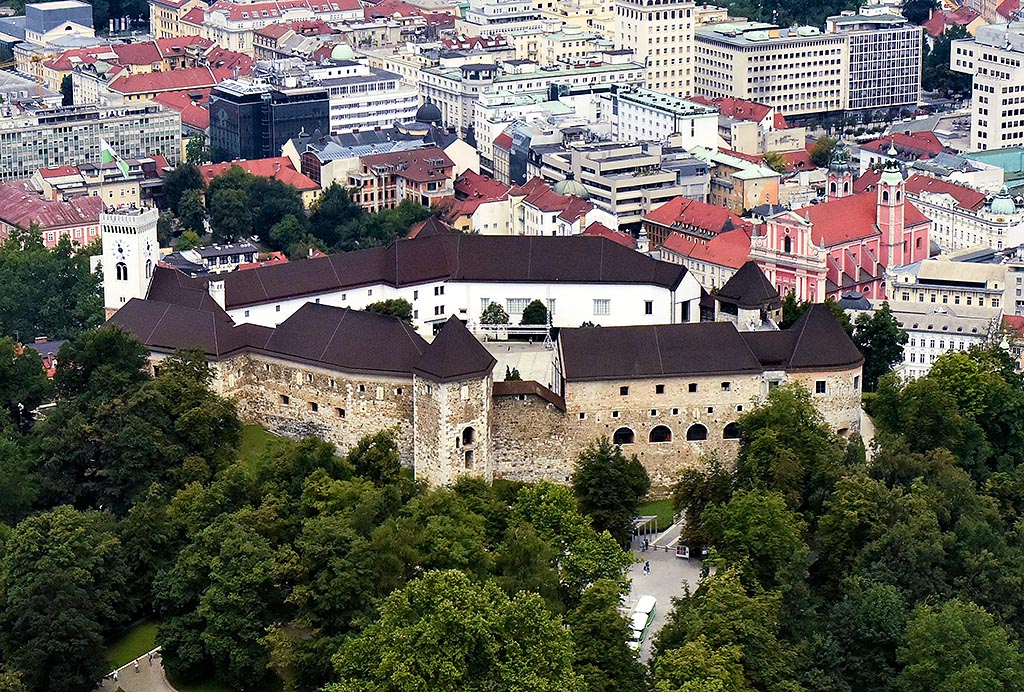By: Kavarna Hayek
“Whoever thinks Janšism disappeared with Janša is damn wrong. It is here.” (Goran Lukič for Delo, July 3rd, 2022)
Goran Lukić is a defender of the Workers’ Advisory Association. I have written about him before: from being a rising star of radical unionism years ago to his constant fears of neoliberalism to his crusades against evil capitalists. This time, in an interview (as a political analyst?), he deals with SDS president Janez Janša and Janšism.
First of all, Janez Janša did not disappear. He is still the president of SDS, he is the leader of the strongest opposition political party, which improved its result in the last elections. And he is firmly in the saddle. If he disappeared, Lukič and Delo would not deal with him. Obviously, he dug in even more on the side of the left because the media and the left cannot do without him.
Before the elections, the dominant media, non-governmental organisations, and even individual left-wing political parties feared that Janša would not hand over the government peacefully, because Janšism is said to be characterised by clinging to power at all costs and by all means. But it happened: SDS recognised the election results, the exchange took place peacefully, Janša did not encourage his followers to protest and cause riots. Unlike the progressives, who at the beginning of 2020, even before the centre-right government was formed, threatened MPs of the new coalition, organised rallies, and later blocked the daily life of citizens in the capital, clashed with the police. The first characteristic of Janšism is therefore respect for the rules of the game written down in laws and constitutions.
Of course, the left does not think so. Janšism is used as a derogatory term for “the political direction as developed and represented by Slovenian politician Janez Janša”. This political direction is said to be authoritarian, reactionary, violates human rights, and clings to power at all costs. Although the facts are different, this does not bother left-wing activists not to conceive of Janšism as they do. You know: if the facts do not match their ideas, so much the worse for the facts.
Janšism is definitely a right-wing, conservative worldview in terms of values. For that reason alone, leftists say it is illegitimate. It must be exterminated if democracy is to survive. Even when it is in the opposition, it is a nuisance for them. There simply is not, nor should there be, room for it. Morality plays no role in this; the welfare of the citizens is completely irrelevant. This is the ethos of today’s left: to overthrow an entire country to try to get rid of a perfectly legitimate ideology.
What bothers the leftists most is that Janšism is the last line of defence against their new-age religion, which would eliminate nation, family, indigenous culture, Christianity, and tradition. That is why they claim that Janšism is xenophobic, homophobic, and racist. All in the desire to dominate the political landscape and media-murder anyone who does not accept the values of the (chaotic) ideology of liberal democracy.
In the economic sense, Janšism (despite some social-democratic deviations) is free-market oriented. In a world where declared liberals are increasingly leaning towards the classical left (socialists and communists), which would centrally manage the world (and individual countries) and determine economic relations between market participants, Janšism seems to be a defender of the economic thought of Mises, Hayek, and Friedman. Which, from Lukič’s point of view, is, of course, pure capitalist evil. The left would rather experiment with socialist approaches (which have not been successful anywhere in the world), Janšism bets on prudence: it is guided by what history has taught it and what it knows to be right.
A Janšist (as a member of Janšism) knows that life in reality is not paved with levers; therefore, courage and firm faith are needed. This is also why he recognises the danger to himself, his family, and his nation. He takes this seriously and tries to take appropriate measures without unnecessary risk (measures of the centre-right government to the jury on the Chinese virus).
This is Janšism as I see it myself. And I hope that as such it will get stronger and not disappear. Lukič already knows why he wants it to disappear. In Slovenia, which today is controlled by radical political activists obsessed with change with truly statist tendencies and wishes to bury everyone who does not think like them and for everyone to look at a parallel world with binoculars, the preservation of Janšism means the preservation of the view of reality. The imaginary and manipulative attraction of the ‘socially just’ revolution of the ‘awakened’ and the dreaming of the promised land that is right in front of the nose are characteristics of Janšism, but realism with a strong sense of recognising what is right and what is wrong.

